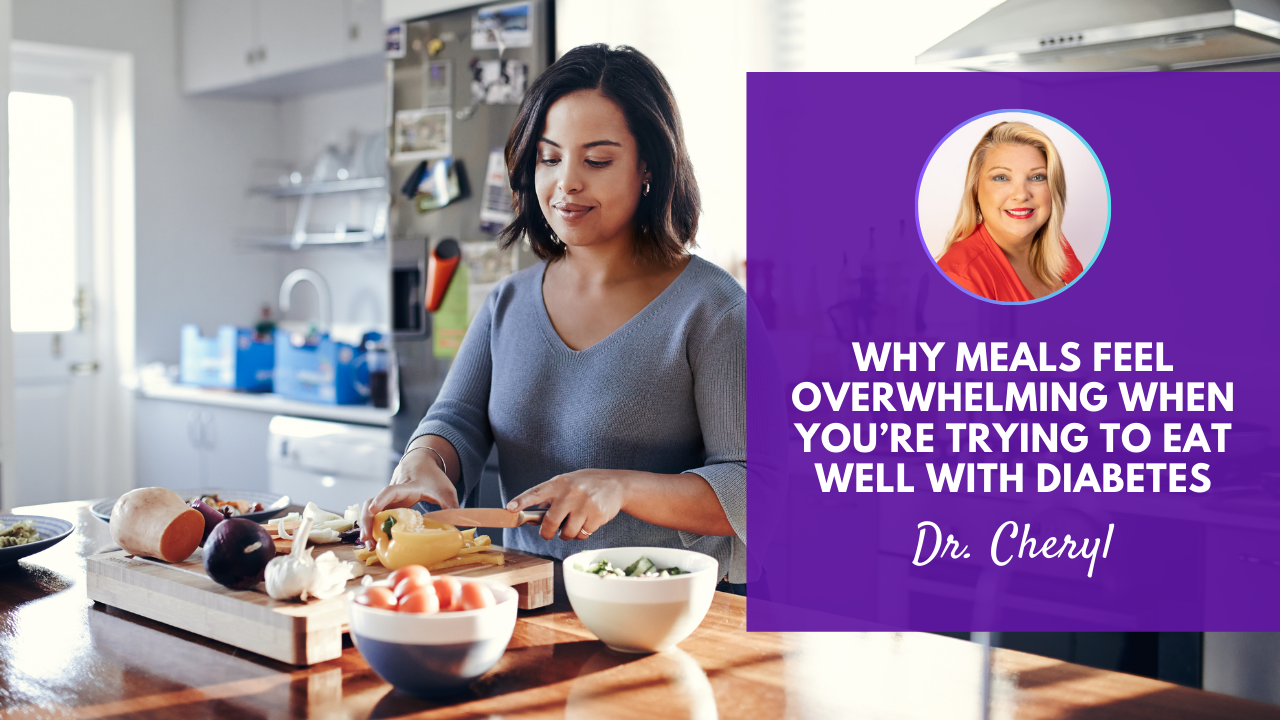
Strengthening Social Connections: A Key Strategy for Diabetics
Hello, and welcome to all who are navigating the journey of managing diabetes. June is Alzheimer's & Brain Awareness Month, an initiative led by the Alzheimer’s Association that highlights the importance of brain health.
Today, I want to focus on an often overlooked aspect of health that has a profound impact on both diabetes management and cognitive well-being: social connections. Building and maintaining strong social ties are not just good for your emotional health; they are also crucial in reducing the risk of Alzheimer’s, especially for those with diabetes.
The Importance of Social Connections
Research has consistently shown that social interaction can help improve mental and physical health, and reduce the rates of disability and mortality in older adults. For people who are living with diabetes like you and me, who are at a higher risk for cognitive decline, social engagement can offer specific benefits for brain health.
Scientific Evidence Linking Social Activity with Reduced Alzheimer’s Risk
Studies indicate that socialization promotes good brain health by reducing stress, lowering blood pressure, and stimulating the brain through diverse and complex interactions. These factors contribute to a lower risk of cognitive decline and Alzheimer’s disease. Moreover, engaging with others can help manage the emotional challenges of diabetes, such as depression and anxiety, which can exacerbate cognitive impairment.
How to Enhance Social Connections
Join Community Groups or Clubs: Look for groups that align with your interests, such as book clubs, gardening societies, or exercise classes. These settings offer regular social interactions and the opportunity to meet new people.
Volunteer: Giving your time to a cause can connect you with others and reinforce a sense of purpose and belonging. Look for volunteering opportunities at local schools, hospitals, or nonprofits.
Stay Connected Digitally: If physical meetings are challenging, digital platforms can be a great way to stay in touch. Regular video calls with family and friends can help maintain strong relationships.
Attend Diabetes Support Groups: Participating in support groups with those who understand the challenges of managing diabetes can provide both emotional and practical support.
Initiate Social Activities: Don’t wait for others to invite you; take the initiative to organize social gatherings like potlucks, walks, or movie nights.
As we observe Alzheimer's & Brain Awareness Month, let’s remember the powerful role social connections play in our lives. Strengthening your social networks can be a key strategy in not only enhancing quality of life but also in significantly reducing the risk of Alzheimer’s disease. Embrace the community around you and experience the multiple benefits that come from being socially active.
___________________________________________
ABOUT THE AUTHOR

Dr. Ac., C.H., RDH
Dr. Holistic Studies, Dr. Acupuncture
Diabetes Wellness Strategist & Coach
Creator & CEO of Holistic Diabetes Solutions
8 X International Best-Selling Author
As a woman living with diabetes for over 30 years, Dr. Cheryl understands the journey firsthand. When she was diagnosed, she received the same outdated advice her grandmother was given for over four decades, who relied primarily on medication, suffered from deteriorating health and eventually lost her life to diabetes. Fueled by this experience, Dr. Cheryl was compelled to seek a better way. Through countless research studies and trials, she developed the winning holistic approach: the Diabetes Success System which merges traditional wisdom with today’s best holistic self-care practices. It has revolutionized diabetes management by providing a trusted way to maintain consistent and predictable healthy blood sugar levels. Join the thousands of people worldwide who have been empowered by Dr. Cheryl's approach and start living your healthiest life.
_______________________
PROFESSIONAL DISCLAIMER
The material and content contained in this platform is for overall general diabetes health and education information only. It is not intended to constitute medical advice or to be a substitution for professional medical recommendations, diagnosis or treatment. All specific medical questions or changes you make to your medication and/or lifestyle should be discussed and addressed with your primary healthcare provider. Having the right mindset, doing the right movements at the right times of day, and eating foods that help keep blood sugar, insulin, and inflammation manageable can dramatically reduce your risk of the all-too-common complications of Diabetes, increase your energy levels and have you feeling your best every day.






